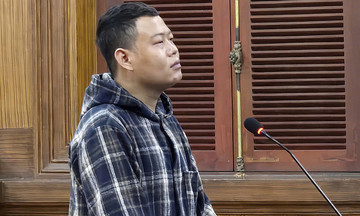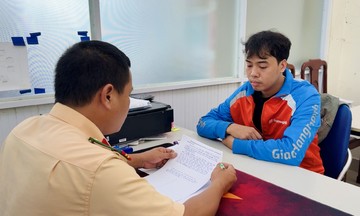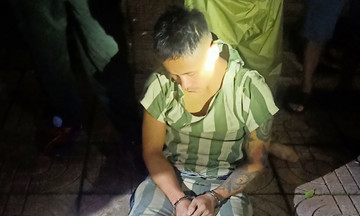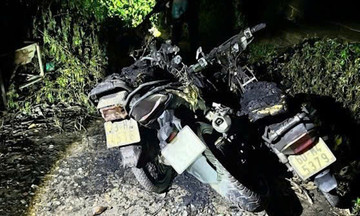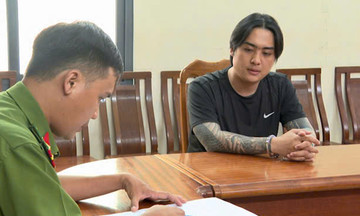Vietnam's 2024 Notary Law, effective 1/7, introduces several amendments, including the requirement to photograph or print (in color or black and white on A4 paper) the signing or marking of notarized documents in the presence of a notary. These images become part of the notarial record.
Video recording the process is optional, upon agreement between the client and the notary. This footage, like the photos, becomes part of the official record and is subject to legal usage restrictions.
Several VnExpress readers supported this change, particularly for significant transactions involving substantial assets. One reader, Alex Lua, shared a personal experience of a promise-to-purchase agreement being fraudulently converted into a sales contract without their presence, leading to property registration issues.
Another reader, Hien Le Thanh, believes these procedures will reduce fraud and enhance accountability for both clients and notaries.
Mandatory photo and video recording for remote online notarization (RON) is already law in countries like Brazil, Switzerland, Germany, several Canadian provinces, and some US states.
Germany's RON procedures are particularly strict. They must be conducted via the secure platform operated by the German Federal Chamber of Notaries, excluding public video conferencing tools like Zoom. Notaries are responsible for verifying identities, explaining the contract and procedures, and ensuring the uninterrupted recording of the entire process.
This video becomes part of the "digital evidence" and is stored for at least 7 years, sometimes up to 30 years for high-value transactions or corporate disputes, matching the retention period for traditional notarized documents. This data is stored centrally, accessible only by authorized notaries and courts via two-factor authentication. The video includes a qualified timestamp to prevent tampering.
 |
Students at the University of Heidelberg, Germany's oldest university, known for its law program. Photo: Rhein Neckar Zeitung |
Students at the University of Heidelberg, Germany's oldest university, known for its law program. Photo: Rhein Neckar Zeitung
Becoming a notary in Germany is highly competitive. After 4 to 5 years of legal studies and passing the first national exam (with a 65% pass rate in 2022, according to the Ministry of Justice), aspiring notaries must complete two years of legal practice, followed by a second national exam (75% pass rate). Only the top 10% of those who pass are eligible for notary training. After 3 to 5 years as a "provisional notary," gaining experience in areas like real estate, inheritance, and corporate asset division, candidates can finally be appointed.
German notaries are seen as legal advisors, not just document certifiers. This, combined with rigorous training and security measures, contributes to Germany's reputation for a transparent and reliable notary system, even without mandatory video recording for traditional notarizations.
Across Europe, notaries are increasingly handling tasks previously reserved for courts, such as mediating divorces (Romania) and officiating marriages (Latvia, Spain). Some EU countries also grant notaries full authority in uncontested legal procedures, allowing them to act as court commissioners in inheritance or divorce cases and public auctions (Armenia, Bulgaria, and the Netherlands).
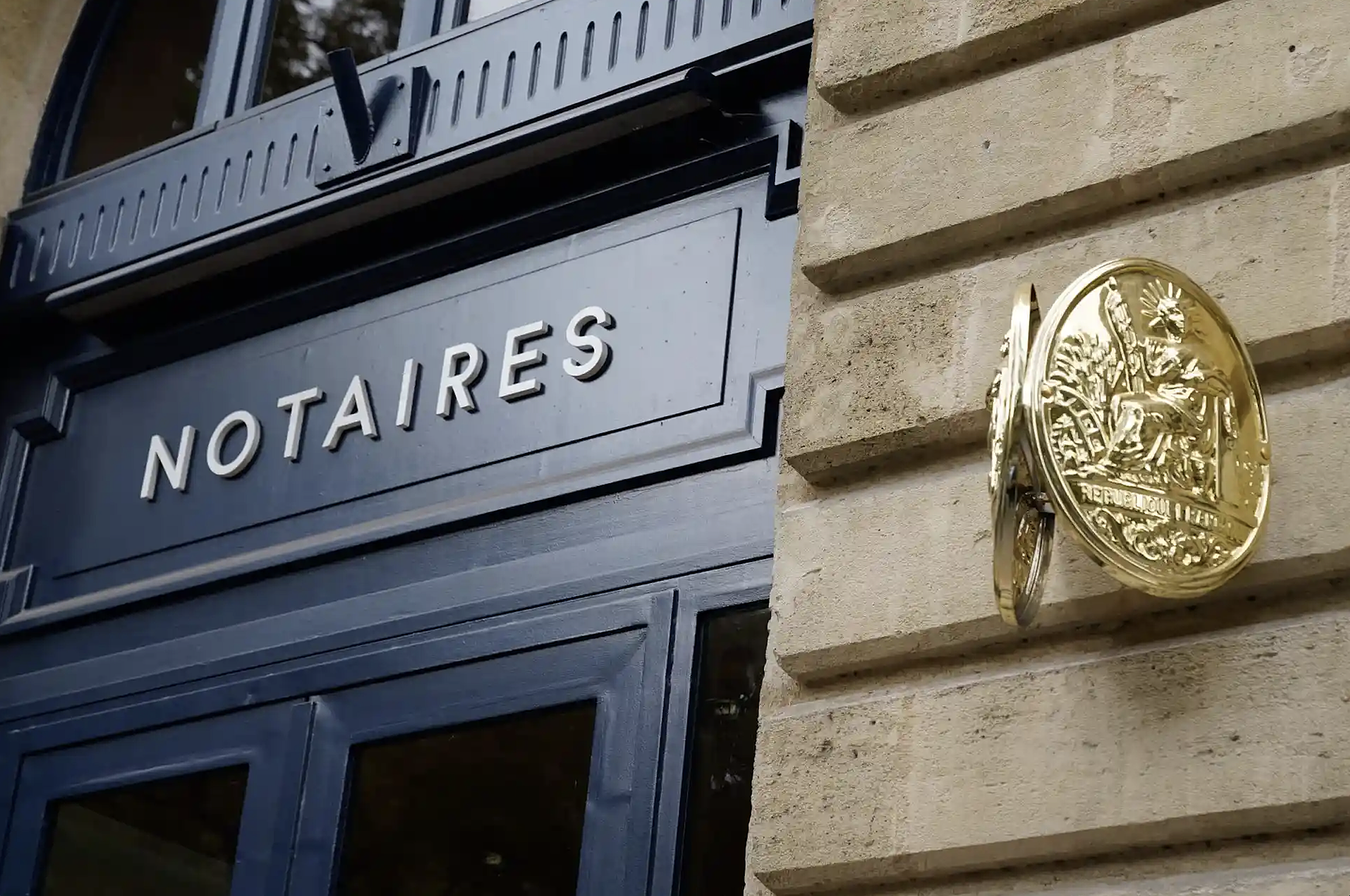 |
A French notary's office with the official emblem of the profession at the entrance. Photo: De Tilly Paris |
A French notary's office with the official emblem of the profession at the entrance. Photo: De Tilly Paris
France requires the longest storage of original notarial records: 75 years, according to the Heritage Code. Afterwards, the originals may be transferred to public archives. Cases involving children, special contracts, high-value transactions, or long-term inheritance disputes may require 100-year storage or indefinite preservation as national historical documents.
South Korea and Japan have uniquely strict notary appointment processes. Notary positions are reserved for experienced legal professionals, primarily judges and prosecutors with at least 10 years of experience, or exceptionally, senior lawyers with a minimum of 15 years' practice. Even with this extensive background, appointees undergo 6 months to a year of specialized training. Private notary practices are not permitted in these countries. Notary offices are state-managed and regulated by the Ministry of Justice, which controls their location, number, and operations.
According to Vietnam's 2024 Notary Law:
: Notarization is a public service provided by notaries of notarial practice organizations. It certifies the authenticity and legality of transactions requiring notarization by law, government regulations, or voluntary requests.
: Notaries are appointed by the Minister of Justice to practice notarization and perform certain authentication tasks as prescribed by law.
Notaries provide a state-delegated public service to ensure legal security for parties involved in transactions, prevent disputes, protect individual and organizational rights, and contribute to socio-economic stability and development.
Hai Thu (Notar, Bundesjustizamt, Legifrance, Kora Notary, Koshonin, JSS)



